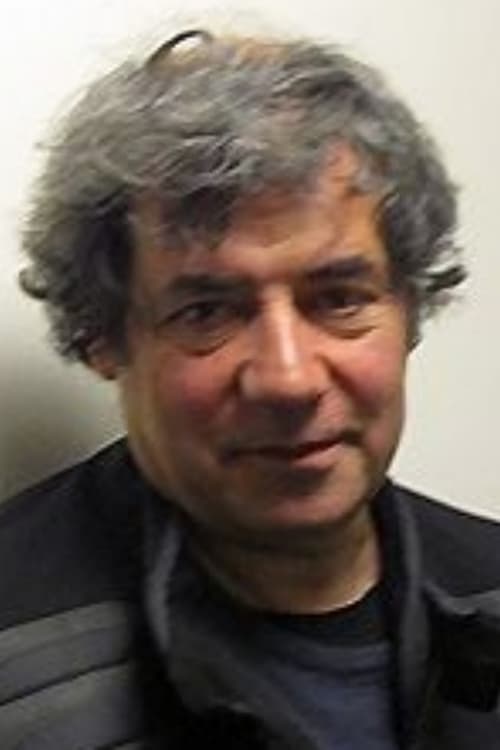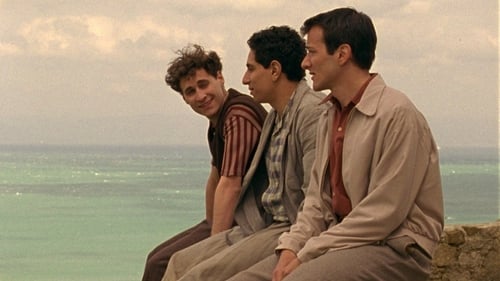Bab El Oued City (1994)
장르 : 드라마, 코미디
상영시간 : 1시간 33분
연출 : Merzak Allouache
시놉시스
Bab El-Oued, a popular district of Algiers, in 1989, a few months after the riots. Boualem works at night in a bakery and steals the loudspeaker that was installed on his roof and was broadcasting the Imam's word... therefore preventing him from sleeping. This blunder is taken as a pretext by the Islamists to put the district under their control...
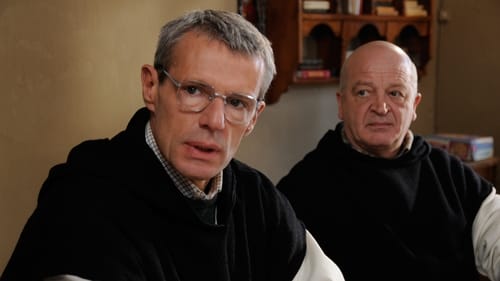
1996년 알제리 산골 수도원. 그 곳에 신과 인간 사이에서 숭고한 신념을 지켜낸 7명의 수도사와 1명의 의사가 있었다. 그들은 의료지원에서 고민상담까지, 가난한 마을 사람들의 몸과 마음의 상처를 치유해 주며 종교를 뛰어넘는 사랑으로 마을 사람들과 평화롭게 지낸다. 하지만 이슬람근본주의자들에 의한 내전사태가 심화되면서 평화롭던 생활은 위기에 빠진다. 신을 영접하는 수도사로 신의 사랑과 믿음을 몸소 실천하려 하지만 그들 역시 인간이기에 생명을 위협하는 폭력이 두렵다. 이제 그들은 신을 따르기 위해 수도원에 남아야 할지 안정된 삶을 쫓아 떠나야 할지, 삶과 신념을 사이에 둔 중대한 선택의 순간을 맞이하게 되는데…
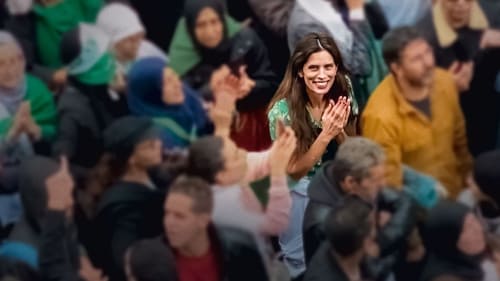
DNA revolves around a woman with close ties to a beloved Algerian grandfather who protected her from a toxic home life as a child. When he dies, it triggers a deep identity crisis as tensions between her extended family members escalate revealing new depths of resentment and bitterness.
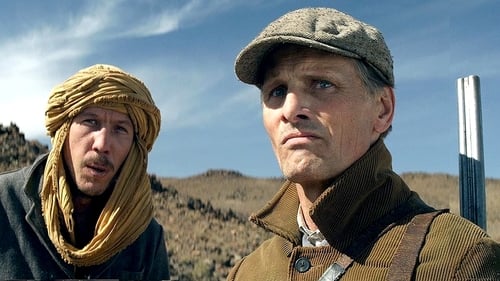
독립 전쟁이 한창이던 1954년 알제리. 목동들에게 불어를 가르치며 살고 있는 전직 군인 ‘다루’에게 어느 날 예기치 못한 명령이 내려진다. 사촌을 죽인 죄로 붙잡힌 ‘모하메드’를 팅기트로 인도해 재판 받게 하라는 것. 그를 데려가 죽이라는 것과 다름없는 명령을 도저히 따를 수 없는 ‘다루’와 자신은 반드시 팅기트에 가야만 한다는 ‘모하메드’. 결국 함께 길을 떠난 두 사람은 팅기트로 향하는 길에 알제리 독립군과 프랑스 정부군 간의 교전에 인질로 잡히고 마는데…
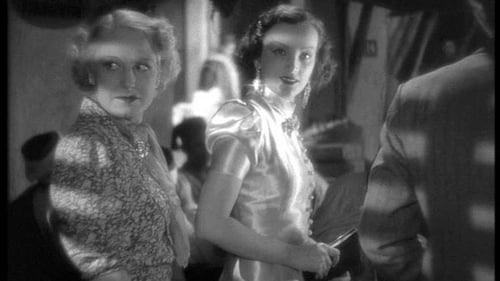
프랑스령인 카스바에서 은둔하고 있는 도둑들의 우두머리인 페페는 그 지역 사람들에게 두터운 신망을 받고 있다. 경찰은 도둑질을 하고 카스바로 숨어드는 그의 일당들을 잡아보려고 하지만 매번 페페를 도와주는 주민들에 의해 실패한다. 그러던 어느 날 밤, 페페는 경찰의 기습을 피해 달아나다가 마침 그곳을 여행 중이던 미모의 여자와 마주치게 되는데...
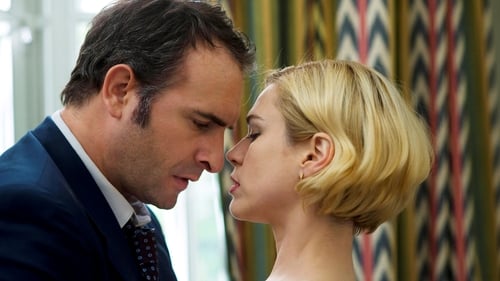
Happily married with a daughter, Marc is a successful real estate agent in Aix-en-Provence. One day, he has an appointment with a woman to view a traditional country house. A few hours later, Marc finally puts a name to her face. It's Cathy, the girl he was in love with growing up in Oran, Algeria, in the last days of the French colonial regime. Marc hurries to her hotel. They spend the night together. Then she's gone again. And Marc's mother tells him Cathy never left Algeria. She was killed with her father in a bombing just before independence...
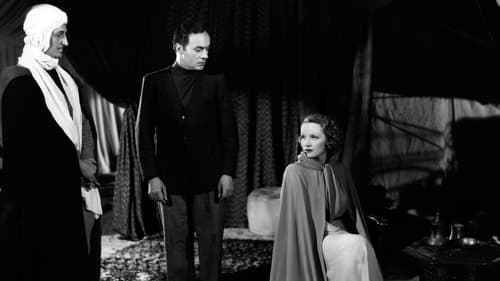
The star-crossed desert romance of a cloistered woman and a renegade monk.

Nine people with Abdullah Le Clandestin (Illegal Taxi), in one car, on the way to Algiers.

Newly-arrived Ahmed tries to integrate his family to the canadian society, while attempting to control his son's life orientation.

Two deaf and dumb children. She is the daughter of an American Oil engineer. He is the son of an Algerian farmer. They meet and manage to communicate, transcending all the cultural barriers that separate them.
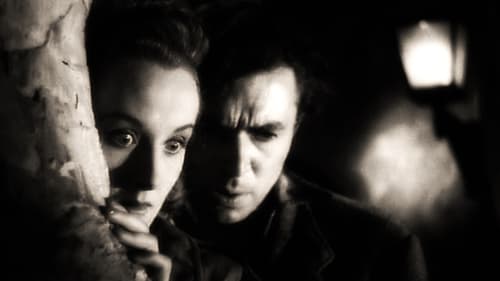
Candlelight in Algeria is a 1944 British war film directed by George King and starring James Mason, Carla Lehmann and Raymond Lovell. This drama follows the exploits of Eisenhower's top aide, Mark Clark, and other important Allies as they journey to an important meeting held on Algeria's coast. The precise location of this vital secret gathering is upon a piece of film which must not fall into enemy hands

Mounir Mekbek lives with his family in a small village in the heart of the Algerian countryside. Very proud and sure of himself, he has only one dream- to finally be appreciated by his fellow villagers. Screwing up his carefully maintained image is his headstrong, narcoleptic sister Rym who falls asleep anywhere and whom the village is convinced will end up a spinster. One evening, Mounir returns from town drunk and announces that he's found a suitor for his sister. The fake story snowballs and snowballs until the suitor morphs into a rich, blonde Australian. The village begins preparing for the wedding in earnest - but without a bridegroom in sight.

Algeria from above is the first documentary made entirely from the sky on Algeria. Through the eye of the famous Yann Arthus-Bertrand this documentary vividly depicts this great country, and its vibrant cultural and natural treasures. From North to South and from West to East, it shows us the entirety of Algeria, lives in the large hectic coastal cities, Atlas mountains, oases of the Sahara or gentle hills of the Sahel. With a rich past that seems to have crossed all civilizations, and a territory where all natural environments amalgamate, Algeria appears here in all its diversity and its unity.
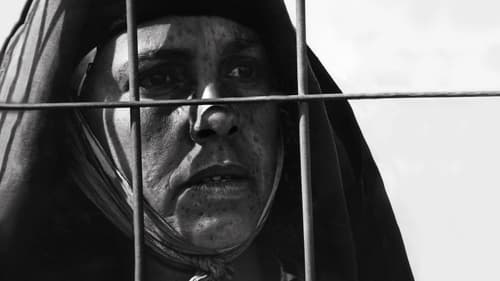
This black-and-white film – the first road movie of Algerian cinema – presents one of the most readily apparent, though subtle, transformations of the daily life of the people of Algeria brought about by the ordeal of French occupation and the war of liberation. With military repression in full force, a peasant woman finds herself alone in her house in the mountains when her only son is taken away by French soldiers soon after her husband is killed in a raid. One day, on seeing a dead chicken, which she considers a bad omen, she decides to leave home, and sets off on a tiring journey through the mountains. With a pair of chickens in tow, she moves from one detention camp to the next in a desperate search for her missing son. The film was inspired by events experienced by the family of its director.
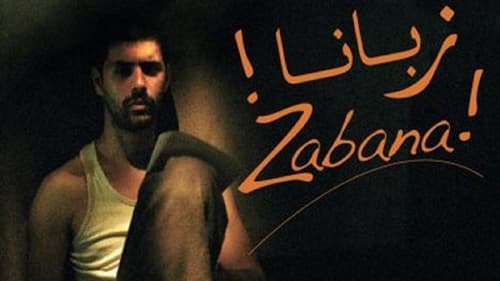
Algeria's entry for a Best Foreign Language Film Oscar, "Zabana" chronicles the life of Ahmed Zabana, a man who fought for Algerian freedom in the Battle of Algiers. This film chronicles Zabana's fight to free his country to independence, and his death at the hands of French authorities.

A "Reformed Colonel" is found dead in Paris, a couple of decades after Algeria's struggle for independence was won from France. Lieutenant Galois is assigned the investigation of this murder. She receives the diary of Lieutenent Guy Rossi who served under The Colonel in Algeria in 1956, and has been reported as missing in action since 1957. The revelations found in Rossi's diary go far beyond The Colonel's actions in Algeria, and give an insight on how dirty Algeria's War for Independence really was.

In Algiers in 1993, while the civil war is starting, Mrs Osmane's tenants have to endure her bad temper. Her husband left her and the fear to lose her respectability haunt her. The former member of the Resistance during the Independence War persists in controlling the slightest moves of the households rather than struggle against her own frustrations. Learning her daughter is in love, the possibility of finding herself alone will push her to the limit: The symbolical Mrs Osmane "harem" is about to collapse.
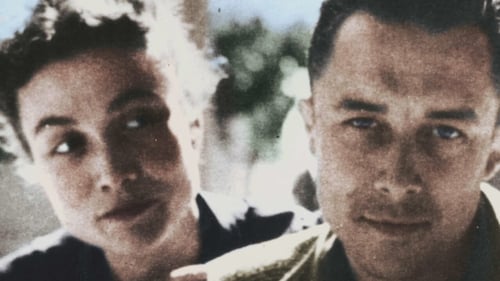
Albert Camus died at 46 years old on January 4, 1960, two years after his Nobel Prize in literature. Author of “L'Etranger”, one of the most widely read novels in the world, philosopher of the absurd and of revolt, resistant, journalist, playwright, Albert Camus had an extraordinary destiny. Child of the poor districts of Algiers, tuberculosis patient, orphan of father, son of an illiterate and deaf mother, he tore himself away from his condition thanks to his teacher. French from Algeria, he never ceased to fight for equality with the Arabs and the Kabyle, while fearing the Independence of the FLN. Founded on restored and colorized archives, and first-hand accounts, this documentary attempts to paint the portrait of Camus as he was.
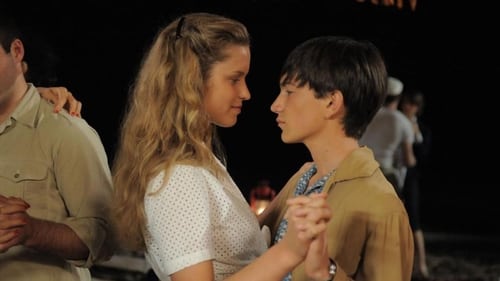
The writer Louis Gardel remembers his youth in Algeria. In 1955, Louis is 15 years old and lives with his grandmother Zoé. Zoé is friend with president Steiger, leader of the French settlers but also with the old Arab Bouarab. One night looking at the Bay of Algiers, Louis is convinced that the world in which he has grown will disappear. The first events of the War of Independence have begun. The young boys and young girls have a good time at the seaside: swimming, dancing, flirting. But, little by little, the war becomes part of their daily life.

On an Algerian beach, kids splash about, sleep, squabble - and then suddenly go to war. And it’s neither Lord of the Flies nor La Guerre des boutons. In her first film, full of grace, Narimane Mari films this childish freefor- all closely, at the irregular pace of an imagination inspired by the highest form of reality, national History — actually, nothing less than the Algerian War of Independence. When their make-believe induces a general upheaval, we follow the flock of children as they stamp their feet up the stairs, invade houses, cross village squares, in a whirlwind of shouts and empty words. Time is stretched like in a dream, through a choreography of belligerent shadows or the night-time explosion of the cemetery, as so many warning signs of dangers to come.



